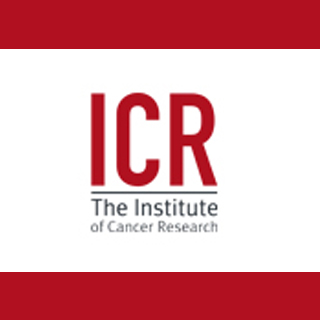
Presumably, conventional radiotherapy for head and neck cancer damages the parotid salivary glands which secrete saliva, resulting in dry mouth. Lack of saliva seems to restrict patients from eating solid food, speaking normally and also speeds up the development of tooth decay. IMRT, on the other hand, supposedly provides precise radiation for tumors with minimal exposure to healthy surrounding tissues. Investigations have asserted that saliva function in patients given IMRT is better as compared to conventional radiotherapy.
The PARSPORT randomized phase 3 trial was designed to figure out if IMRT is capable of declining severe dry mouth incidences than conventional radiotherapy. From a total of 94 patients with HNSCC, 47 patients were randomly assigned to receive IMRT and the remaining 47 underwent conventional radiotherapy. Experts measured saliva flow before treatment and at regular intervals after radiotherapy. With the help of the Late Effects of Normal Tissue (LENT SOMA) scale, side-effects were thoroughly evaluated. In order to monitor quality of life, participants had to fill in questionnaires at regular intervals after treatment for up to 2 years.
Those treated with IMRT reported significantly less dry mouth than patients given conventional radiotherapy. IMRT patients apparently had better recovery of saliva flow, and a consistently higher quality of life score. After 12 months, grade 2 or worse dry mouth appeared in 74 percent patients receiving conventional radiotherapy and 39 percent provided with IMRT. On completion of 24 months, 83 percent patients with conventional radiotherapy and 29 percent subjected to IMRT allegedly had grade 2 or worse dry mouth.
Investigators measured un-stimulated saliva flow at 1 year in nearly half of patients from the IMRT group alone. 74 percent patients treated with IMRT and 41 percent given conventional radiotherapy were registered with fatigue. Since IMRT benefits without affecting the parotid glands, it may decline the incidence of xerostomia and pave way for saliva secretion recovery along with improvement in quality of life.
The study is published in The Lancet Oncology.
